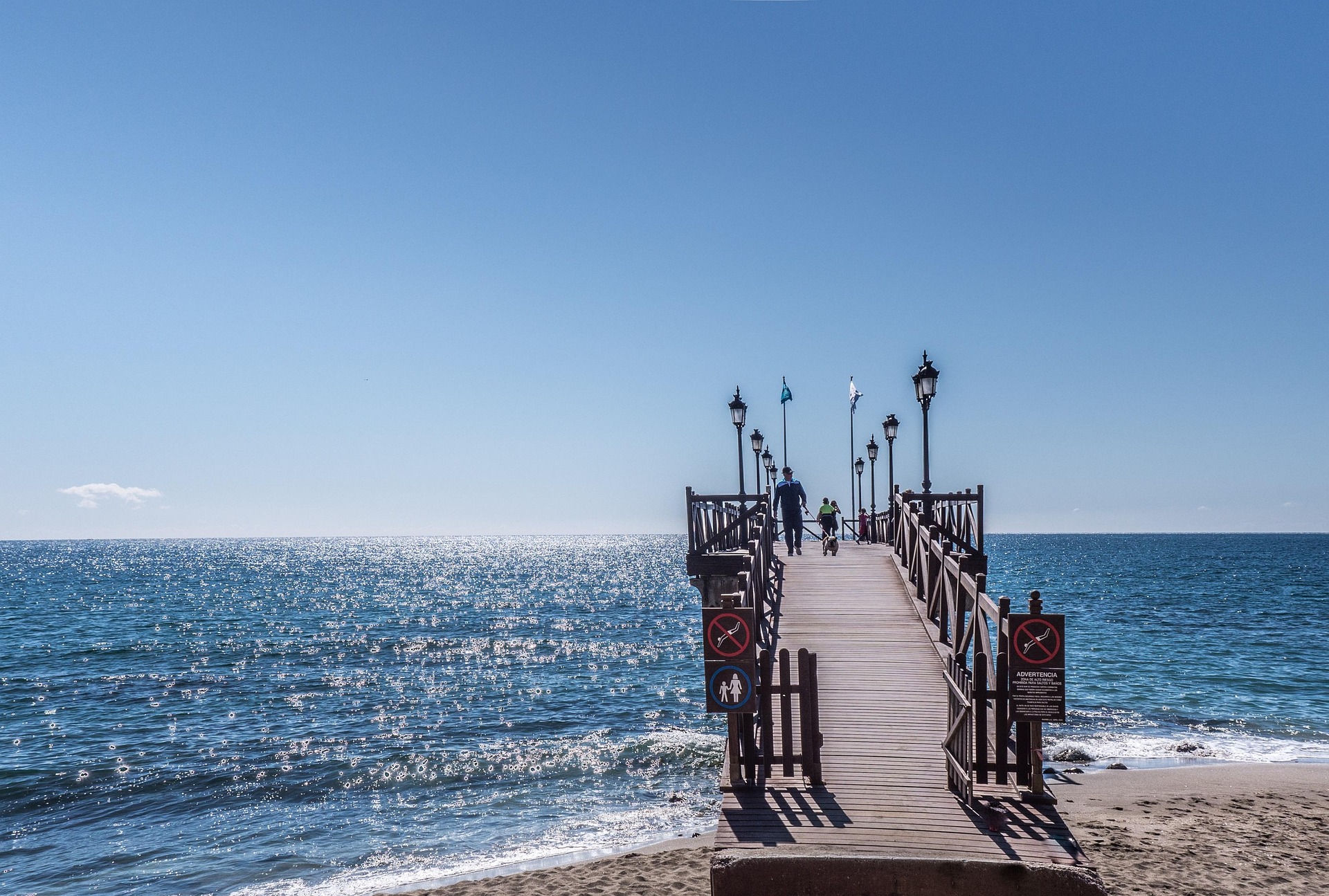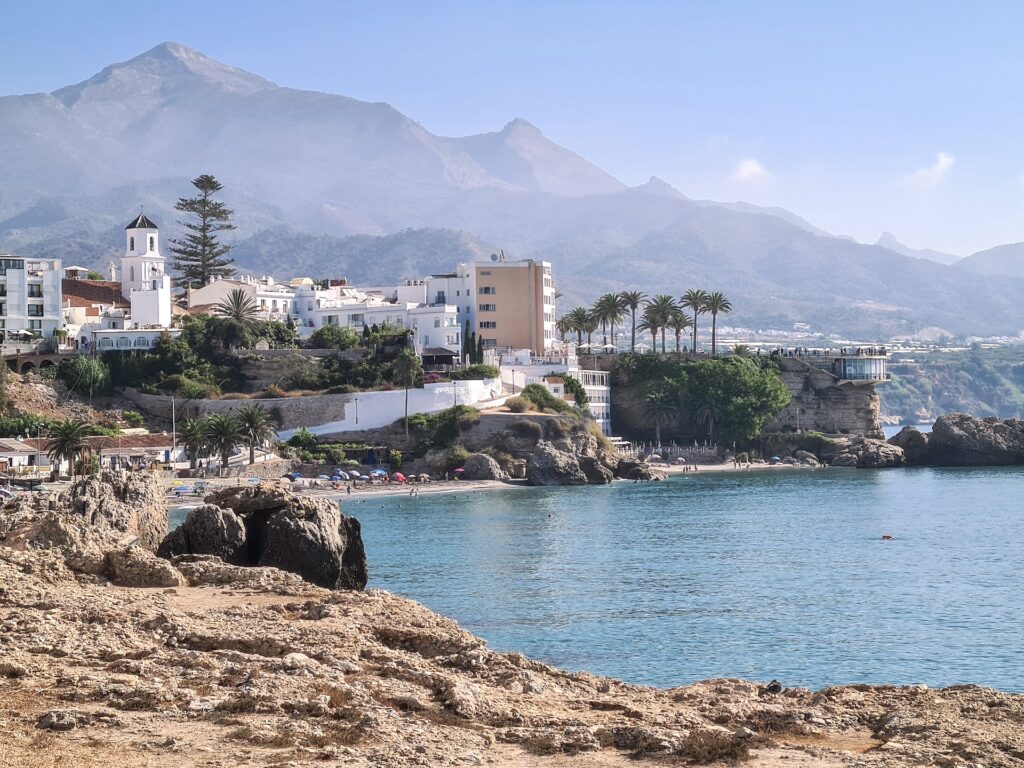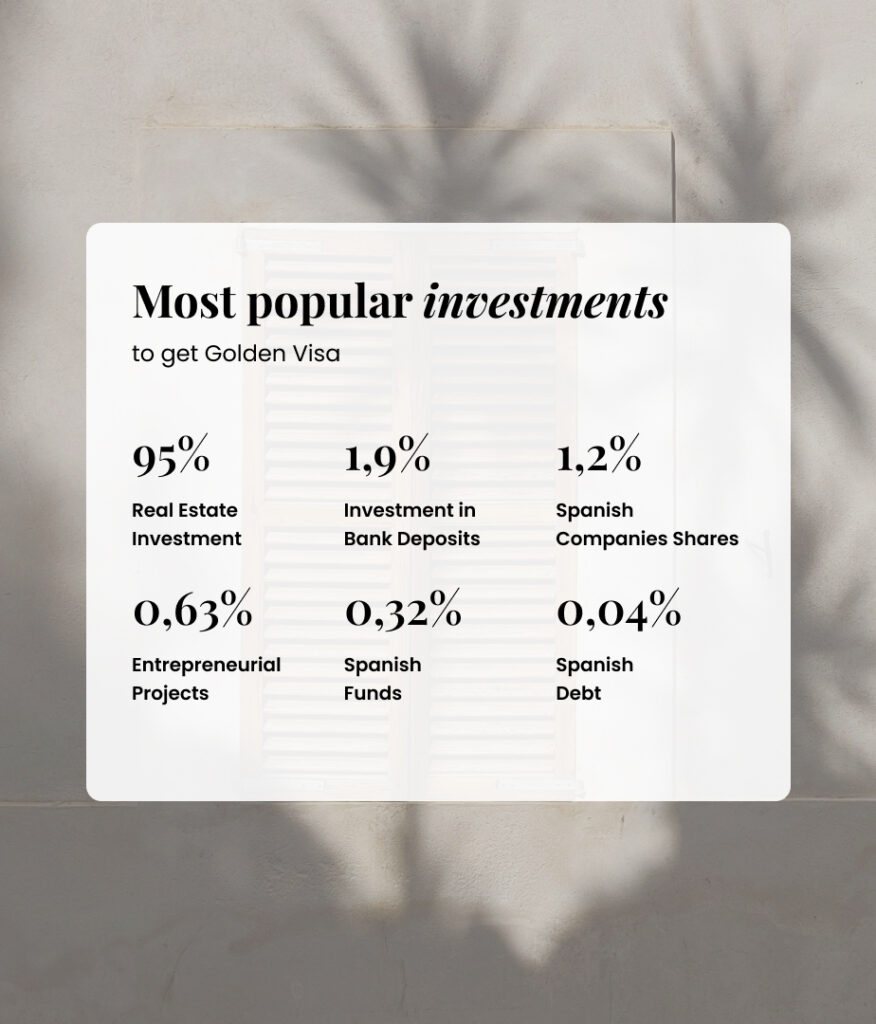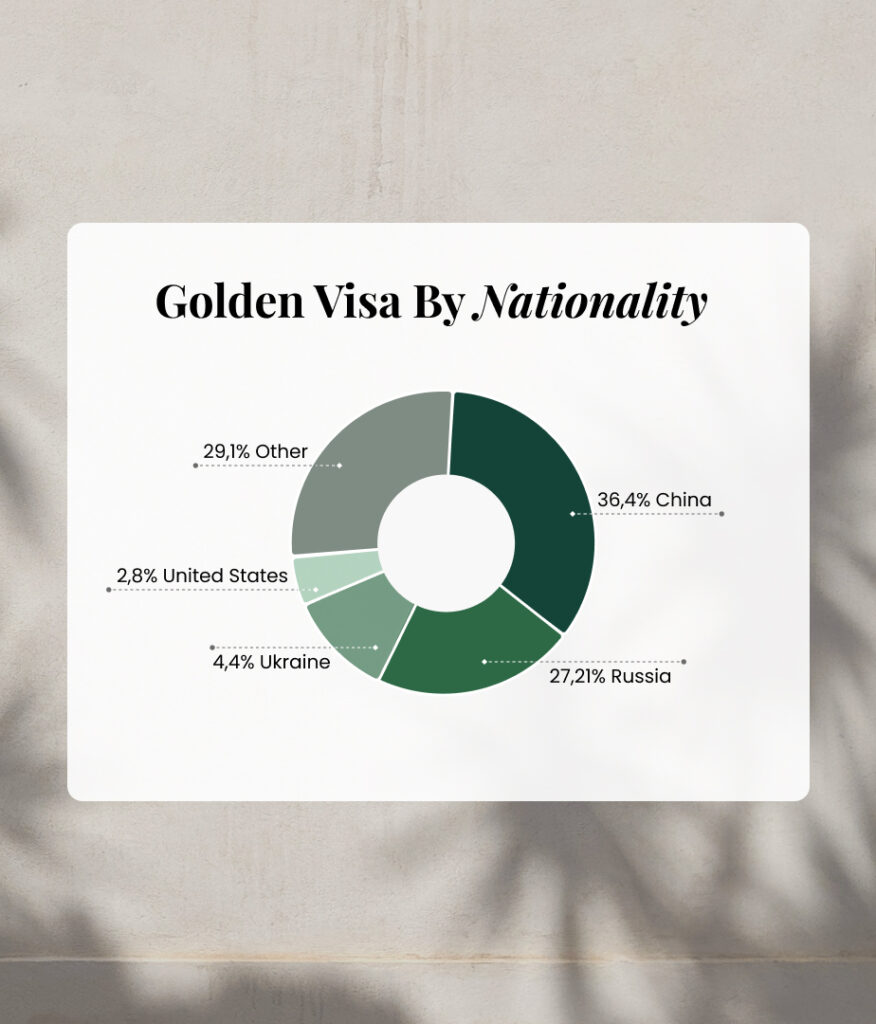Buy Land in Spain: The Ultimate Investment Guide 2025

Buy Land in Spain, Marbella & Costa Del Sol region: The Ultimate Investment Guide 2025
Buy land in Spain, especially in Marbella or Costa de Sol region if You’re looking for a smart investment or just wishing to have an amazing home with perfect views. Costa del sol and Marbella plots are simply amazing for both: investors and private buyers.
How We Support Investors and Developers in Marbella and Costa del Sol while buying lands and plots?
Investing in land requires market expertise, strategic planning, and access to the right resources, and that’s where our team provides a distinct advantage. We specialize in assisting investors, developers, and high-net-worth individuals in identifying and acquiring prime plots in Marbella and Costa del Sol, leveraging our deep industry connections and exclusive off-market opportunities.
Beyond the acquisition process, we offer end-to-end support in land development and project execution, collaborating with top-tier architects, urban planners, legal advisors, and construction firms to streamline the journey from land purchase to full-scale development. Whether the goal is to build luxury villas, boutique resorts, gated communities, or large-scale commercial projects, our network ensures access to zoning specialists, permitting consultants, and financial advisors to navigate local regulations, optimize land use, and maximize investment returns.
By providing a holistic, investor-focused approach, we help clients mitigate risks, accelerate project timelines, and enhance profitability in one of Europe’s most sought-after real estate markets. Our proactive, data-driven strategies ensure that each investment aligns with current market trends, future growth potential, and long-term financial objectives.
Building land for sale in Spain – Read our 2025 Guide with most important informations for future buyers
Spain offers one of the most attractive real estate markets in Europe, with Marbella and the Costa del Sol standing out as prime locations for investors. The region benefits from a stable economy, a favorable Mediterranean climate, and a thriving tourism industry, making it an ideal destination for both residential and commercial real estate investments. High demand, combined with limited land availability, has led to consistent property value appreciation, offering investors strong potential for long-term returns. Additionally, Spain’s foreign investor-friendly policies ensure a secure and transparent legal framework, allowing buyers to confidently acquire land and capitalize on the region’s growth.
The demand for land in Spain continues to rise, driven by international buyers, retirees, and developers seeking opportunities in high-end residential and commercial projects. Marbella and Costa del Sol offer a combination of luxury living, world-class golf courses, fine dining, and top-tier infrastructure, attracting high-net-worth individuals and institutional investors. With prime plots becoming increasingly scarce, now is the perfect time to invest, securing valuable land that is set to appreciate as demand outpaces supply.
Advantages of Buying Land in Spain
Investing in land offers numerous benefits beyond just capital appreciation. Here’s why it’s a strategic move for both seasoned investors and newcomers to the market:
Higher Potential ROI
Land, especially in high-growth areas like Marbella and Costa del Sol, appreciates significantly over time. Developing a plot into a residential or commercial property can yield far greater returns compared to purchasing a pre-built property. Investors can maximize profits by tailoring the development to market demand.
Full Control Over Development
Owning land gives you the freedom to design and build exactly what suits your investment strategy. Whether developing luxury villas, boutique hotels, or commercial spaces, you can optimize every aspect—from layout and materials to energy efficiency and high-end features—ensuring long-term value and profitability.

Lower Initial Cost & Minimal Maintenance
Raw land is often more affordable than developed properties in the same area, making it a cost-effective entry into the real estate market. Additionally, unlike houses or apartments, land doesn’t require ongoing maintenance, reducing holding costs while you plan your investment.
Less Competition & Flexible Use
Demand for land is generally lower than for ready-to-move-in properties, allowing investors to negotiate better deals. Additionally, land offers flexibility—its purpose can evolve over time, from residential and commercial developments to agricultural or tourism-related projects, depending on market trends and zoning changes.
Land Scarcity & Long-Term Security
Land is a finite resource, particularly in sought-after locations like Marbella, Benahavís, and Sotogrande. As prime plots become increasingly scarce, their value continues to rise. Unlike buildings, land doesn’t depreciate due to wear and tear, making it a secure, long-term asset that preserves wealth and resists market fluctuations.

Top Locations for Building Land for Sale in Spain
Land for Sale in Marbella’s Prime Investment Areas
Golden Mile
The Golden Mile is the most exclusive and prestigious address in Marbella, renowned for its luxurious beachfront properties, five-star hotels, and proximity to Puerto Banús. This area is a prime choice for high-net-worth individuals and investors looking for high-value, high-return properties. The Golden Mile offers top-tier infrastructure, Michelin-star restaurants, designer boutiques, and a glamorous lifestyle, making it one of the most sought-after locations in Spain. Land prices here are at a median of €1,888/m², with plots starting from €700,000 and reaching up to €10 million, reflecting the area’s exceptional demand and limited availability.
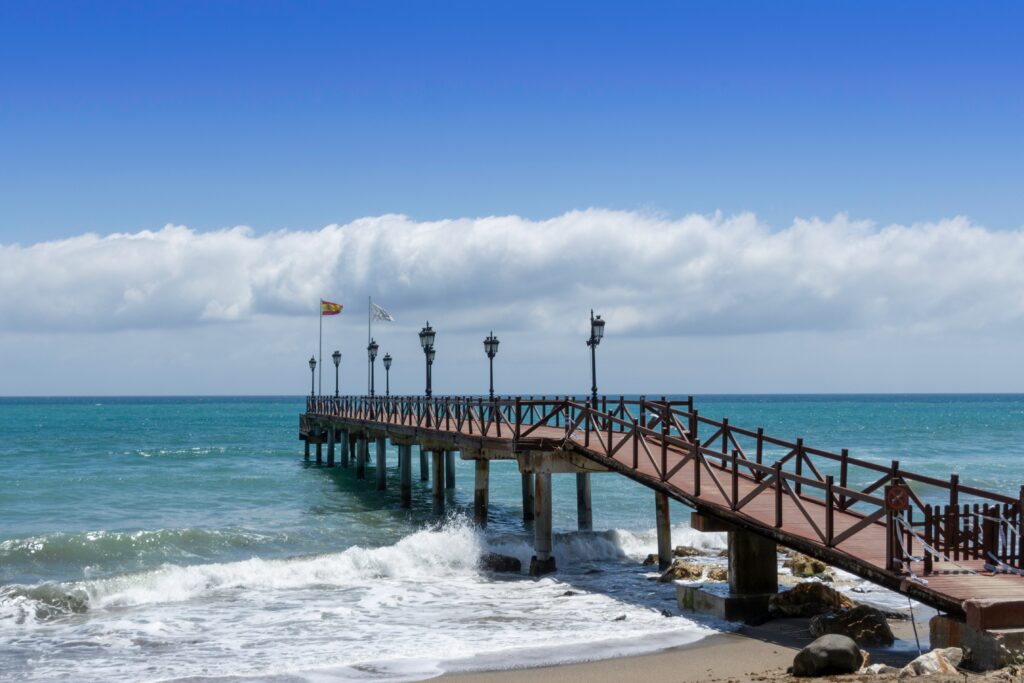
Nueva Andalucía
Known as Marbella’s Golf Valley, Nueva Andalucía is a prime destination for golf enthusiasts and investors looking to develop high-end villas and luxury residential projects. Home to world-class golf courses such as Las Brisas, Aloha Golf, and Los Naranjos, this area attracts both seasonal and permanent residents seeking a serene yet sophisticated lifestyle. With modern infrastructure, upscale amenities, and a vibrant social scene, Nueva Andalucía continues to grow in demand. The median land price is €1,297/m², with plots available from €475,000 to €7.5 million, offering strong investment potential due to the area’s increasing property values and year-round appeal.

La Zagaleta
La Zagaleta is one of Europe’s most exclusive private estates, a gated community designed for ultra-luxury living. Known for its strict privacy policies, 24-hour security, and elite clientele, this enclave is favored by celebrities, business tycoons, and royalty. Investors looking for large, high-value plots to develop exclusive estates will find unparalleled opportunities here. Residents have access to two private golf courses, an equestrian center, a private clubhouse, and some of the most breathtaking panoramic views in Marbella. With land prices ranging from €1 million to €10 million, and a median of €571/m², La Zagaleta ensures long-term appreciation and a premium real estate market with high entry barriers and minimal supply.

Sierra Blanca
Positioned on the foothills of La Concha Mountain, Sierra Blanca is a prestigious residential area known for its breathtaking sea and mountain views, modern luxury villas, and gated security. With its elevated location, Sierra Blanca offers a sense of exclusivity and tranquility while being just minutes from Marbella’s city center and the Golden Mile. This area is favored by investors looking for high-end villa projects due to the strong demand from international buyers seeking privacy and stunning scenery. With land costs ranging from €895,000 to €7.5 million and a median of €1,208/m², Sierra Blanca presents an excellent opportunity for investors aiming to develop ultra-luxury residences in one of Marbella’s most upscale neighborhoods.
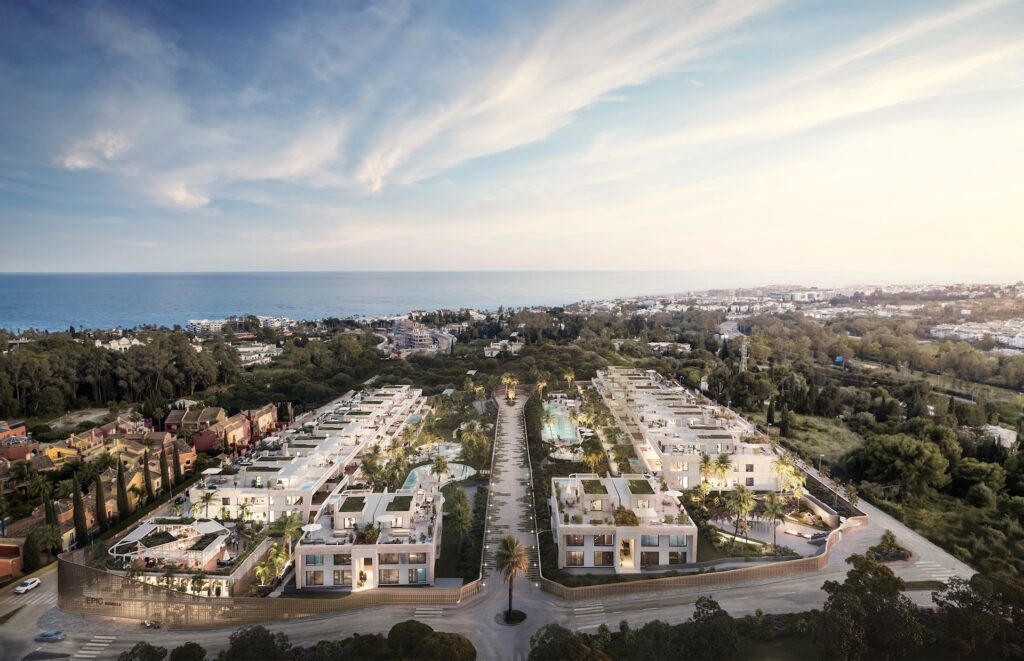
Each of these prime investment areas in Marbella offers distinct advantages, strong capital appreciation, and a thriving high-net-worth market, making them excellent choices for investors looking to secure premium land in Costa del Sol.
Emerging Growth Areas: Land for Sale in Costa del Sol
Benahavís
Benahavís is one of the most exclusive and picturesque locations on the Costa del Sol, offering expansive plots with breathtaking panoramic views of the Mediterranean Sea and surrounding mountains. Known for its secluded, high-end residential areas and proximity to luxury resorts, Benahavís attracts investors looking to develop exclusive villas, gated communities, and large-scale luxury projects. The municipality is also home to La Zagaleta, one of the most prestigious private estates in Europe. With a strong demand from high-net-worth individuals and a limited supply of prime land, Benahavís offers significant appreciation potential. Land prices range from €280,000 for 2,754 m² to €20 million for 159,424 m², depending on the exact location and development potential. The median price stands at €467/m², making it a valuable choice for investors looking for both privacy and long-term growth.

New Golden Mile
The New Golden Mile is a rapidly expanding region between Estepona and Marbella, renowned for its modern infrastructure, luxury beachfront developments, and high-end amenities. Investors are increasingly drawn to this area due to its strong upside potential, as property values continue to rise with new residential and commercial projects emerging. The region is home to boutique hotels, golf courses, and beachfront resorts, making it a prime location for villa and hospitality developments. The area’s unspoiled coastline and strategic location between two key real estate hubs further enhance its appeal. Land prices here start at €255,000 for 500 m², with larger beachfront plots reaching up to €40 million for 15,347 m², including approved projects for five-star hotels. With a median price of €800/m², New Golden Mile presents an exceptional opportunity for investors looking to secure premium land in one of the Costa del Sol’s most promising growth zones.
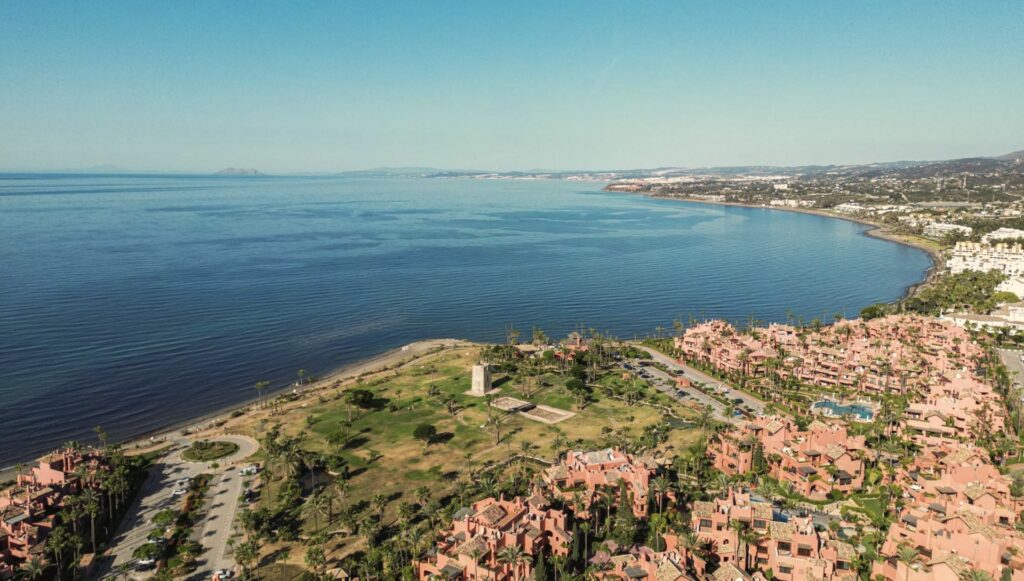
Marbella East
Marbella East is an investment-friendly beachfront area known for its relaxed lifestyle, natural beauty, and proximity to Marbella’s city center. Unlike the bustling core of Marbella, this region offers quieter surroundings, golden beaches, and well-established residential communities, making it ideal for villa construction and high-end developments. Investors looking to develop private residences, boutique resorts, or exclusive communities will find affordable yet highly valuable land opportunities here. Marbella East also benefits from well-developed infrastructure, international schools, and access to golf courses, ensuring strong demand from both end-users and rental markets. Land prices range from €230,000 for 1,000 m² to €6.2 million for 9,150 m², with a median price of €503/m², making it a compelling choice for investors seeking high appreciation potential in a prime coastal location.
Sotogrande
As one of Spain’s most elite residential areas, Sotogrande is synonymous with luxury, exclusivity, and world-class amenities. Known for its high-profile residents, prestigious golf courses, and a vibrant marina, this area is perfect for investors targeting high-net-worth individuals. The region boasts a variety of investment opportunities, from seafront estates and private golf communities to large-scale resort developments. Almenara Golf, La Reserva, and Valderrama Golf Club add to Sotogrande’s allure, attracting golf enthusiasts and affluent buyers looking for premium properties. With easy access to Gibraltar and excellent international connections, Sotogrande continues to see consistent demand for top-tier real estate projects. Land prices range from €155,000 for 520 m² to €7.4 million for 23,270 m², with exclusive plots near Almenara Golf offering prime investment potential. The median price of €291/m² makes Sotogrande a strategic and lucrative option for long-term investment in luxury real estate.
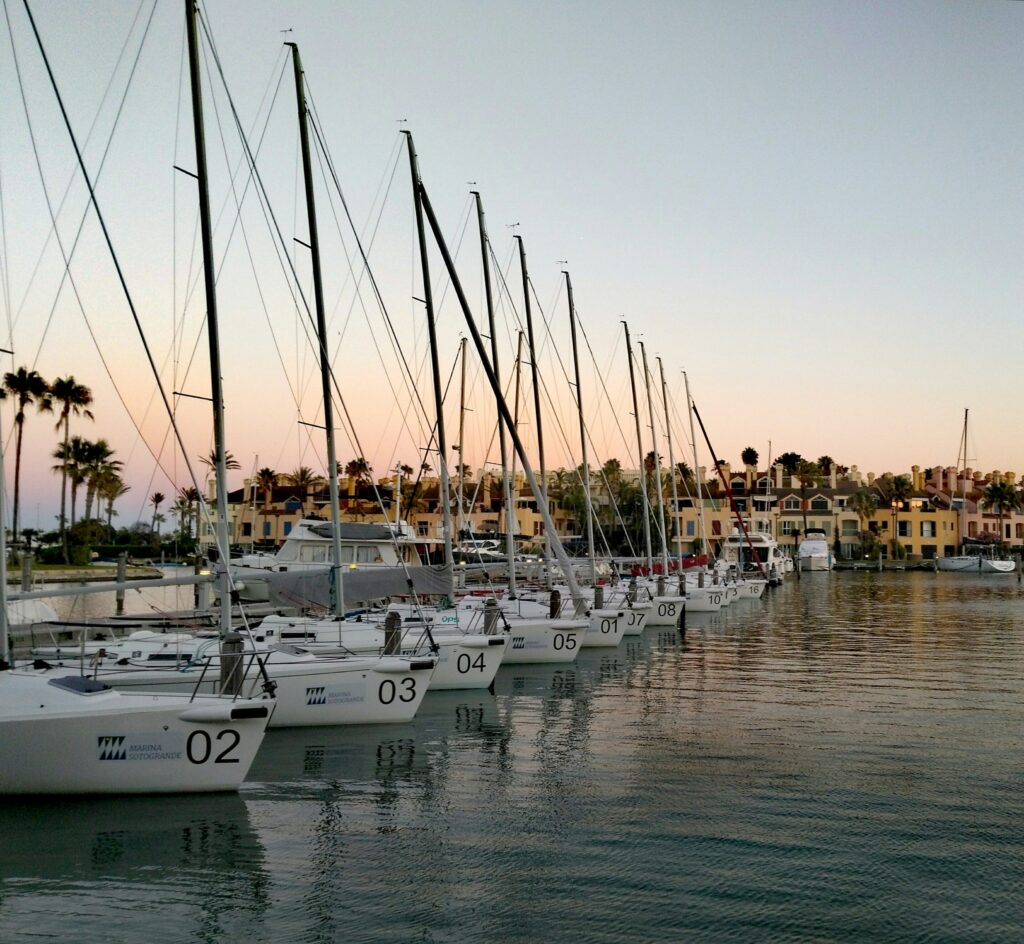
Each of these emerging areas provides strong investment potential, high appreciation rates, and increasing buyer demand, making them prime choices for investors looking to secure profitable land assets in the Costa del Sol.
Legal Steps for Buying Building Plots for Sale in Spain
- Reservation Deposit – Secure the Plot (€6,000–€10,000)
The first step in purchasing land in Spain is securing the plot with a reservation deposit, typically ranging between €6,000 and €10,000, depending on the value and location of the land. This deposit ensures that the property is taken off the market while initial checks are conducted. At this stage, a reservation agreement is signed between the buyer and the seller, outlining the basic terms and conditions of the purchase. The deposit is usually non-refundable unless issues arise during the due diligence process that prevent the sale from proceeding.

- Due Diligence – Legal and Zoning Verification
Before proceeding with the transaction, it is crucial to conduct thorough due diligence to verify:
- Legal ownership: Confirm that the seller has the right to sell the land and that there are no disputes or encumbrances.
- Zoning laws and land use regulations: Ensure the plot is designated for the intended purpose (e.g., residential, commercial, or mixed-use development).
- Existing debts or liens: Any outstanding debts attached to the land (such as unpaid taxes or mortgages) should be identified and cleared before purchase.
- Infrastructure and development approvals: Check if the land has proper access to roads, utilities, and permissions for construction.
A qualified real estate lawyer in Spain should handle this process to ensure compliance with local regulations and avoid legal complications later on.
- Private Purchase Contract – 10% Deposit Payment
Once the due diligence is successfully completed, the buyer and seller sign a Private Purchase Contract (Contrato de Compraventa). At this stage, the buyer typically pays a 10% deposit to secure the transaction. This contract includes:
- Final purchase price and payment terms.
- Completion date for the transfer of ownership.
- Contingencies or conditions (e.g., pending permits or financing).
- Penalties for withdrawal, which usually mean losing the deposit if the buyer backs out without a valid reason.
This contract legally binds both parties to complete the transaction within the agreed timeframe.
- Public Deed (Escritura) – Completion Before a Notary
The final step in purchasing land in Spain is signing the Public Deed (Escritura Pública de Compraventa) before a notary. This is when the full payment is made, and the legal ownership is transferred to the buyer. The notary ensures:
- The contract terms are legally sound.
- The seller has fulfilled all obligations.
- The buyer fully understands the purchase conditions.
After signing, the deed is registered in the Land Registry (Registro de la Propiedad), making the buyer the official owner of the property. At this stage, the buyer must pay applicable taxes and fees, such as VAT (IVA), stamp duty, notary fees, and registration costs.
Once the transaction is finalized and recorded, the buyer gains full rights over the property and can proceed with development, resale, or holding the land as an investment.
Taxation and Fees for Plots for Sale in Spain
VAT (IVA) – 21% on Building Plots
For urban plots, a 21% VAT (IVA) applies when purchasing from a company or developer. Private sales between individuals are subject to Transfer Tax (ITP) instead, typically ranging from 6% to 10%, depending on the region.
Stamp Duty – ~1%
Stamp Duty (Actos Jurídicos Documentados – AJD) is around 1% and applies when VAT is paid on the purchase. The exact rate may vary slightly depending on the region.
Legal Fees – ~1%
Hiring a real estate lawyer to oversee the transaction, conduct due diligence, and handle contracts usually costs around 1% of the purchase price, plus VAT.
Notary & Registration Fees – ~1%
Finalizing the purchase before a notary public and registering the title deed in the Land Registry incurs fees of approximately 0.5% to 1% of the property’s value.
These costs should be factored into any investment plan to ensure accurate budgeting when purchasing land in Spain.

Essential Tips for Investors Looking for a Plot for Sale in Marbella
Partner with Local Experts
Navigating the Marbella real estate market requires in-depth knowledge and connections. Working with reputable real estate agents and property consultants specializing in luxury and investment-grade land is crucial. Local experts have access to exclusive listings, market insights, and negotiation expertise, ensuring you secure the best plots at competitive prices. Additionally, they can connect you with lawyers, architects, and developers to streamline the investment process.
Conduct Thorough Due Diligence
Before purchasing, it’s essential to verify zoning laws, land classification, and development regulations to ensure your intended use is permitted. Some plots may have restrictions on construction height, density, or land usage, which could impact investment potential. Additionally, check for existing debts, legal disputes, or land ownership issues that could complicate the transaction. Hiring an experienced real estate lawyer is highly recommended to handle these verifications and minimize risks.

Consider Infrastructure and Accessibility
A plot’s value is heavily influenced by its proximity to essential infrastructure, such as schools, hospitals, shopping centers, and transportation hubs. Areas with well-developed road networks, utility connections, and access to public services tend to appreciate faster and attract higher-end buyers or tenants. Additionally, consider future development plans in the area—new highways, commercial centers, or international schools can significantly boost land value over time.
Look for Off-Market Deals
Many of Marbella’s best investment opportunities never make it to public listings. High-value plots, particularly those in Golden Mile, Nueva Andalucía, and La Zagaleta, often trade privately among high-net-worth individuals, developers, and investors. Partnering with well-connected agents and property advisors gives you access to these exclusive off-market opportunities, allowing you to acquire prime land before it reaches broader competition. Off-market deals often provide better pricing, more negotiation flexibility, and unique development potential.
By following these strategies, investors can maximize returns, mitigate risks, and secure high-value land assets in Marbella’s highly competitive and appreciating real estate market.

Buy land in Spain and Secure Your Investment, especially in Costa del Sol region or straight in Marbella top locations!
The Marbella real estate market is highly competitive, and premium plots are becoming increasingly scarce. Now is the time to invest in land for sale in Costa del Sol to secure long-term appreciation and financial gains.
We provide exclusive access to off-market investment opportunities, ensuring you secure the best plots before they hit the market. Contact us today for expert guidance on acquiring building plots for sale in Spain and making a high-return investment in one of Europe’s most sought-after real estate markets.
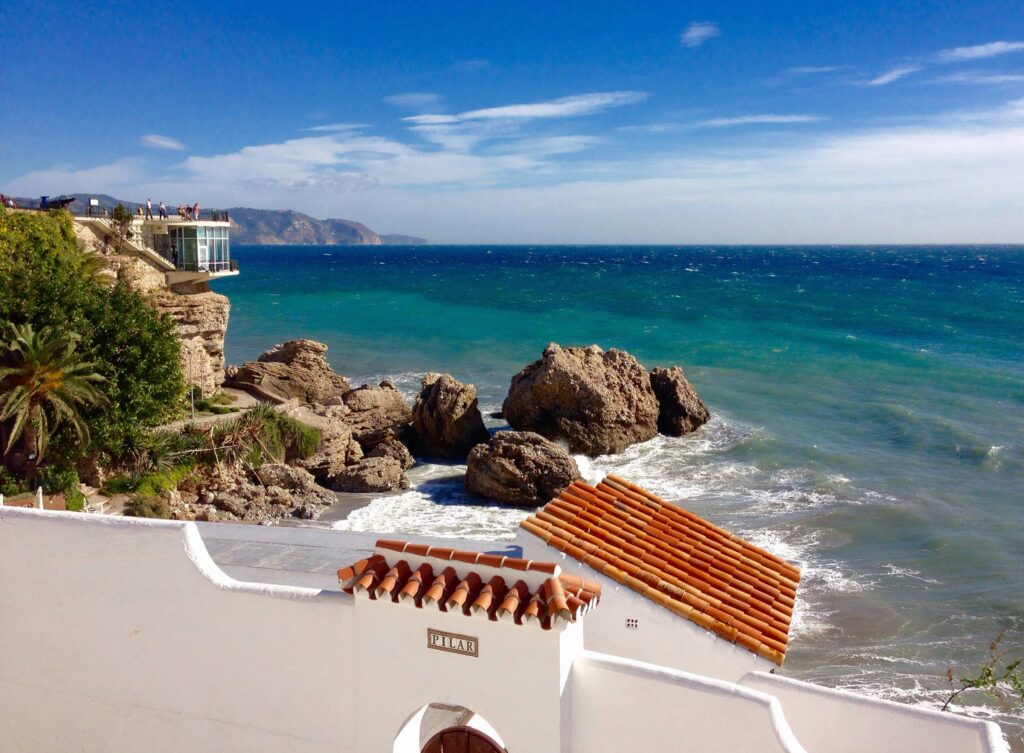
Image source: Unsplash
Data source: The prices presented are as of February 2025, based on data from popular real estate platforms and internal databases for real estate agents.



